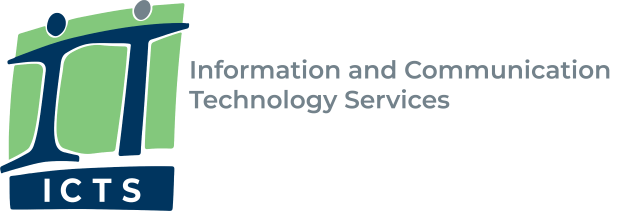
In 2013, UCT introduced a new web content management system (CMS) on which all UCT-affiliated websites are hosted. A website migration project was initiated to move all UCT websites to this platform. Drupal, an open-source CMS, was chosen to ensure that all websites will operate on a secure, standardised, supported, and well-managed platform.
All UCT websites must adhere to the following policies:
How do I create a website?
Follow this process to create a website:
- Familiarise yourself with UCT’s web policies.
- Assign content management roles and responsibilities to those who will be working with the website.
- Choose a domain name for your new website.
- Submit an application via ServiceNow.
- Book Drupal training via SuccessFactors.
- Upon successfully completing the training, you will get access to your website to populate it.
- Log a call via ServiceNow for your site to go live.
You will then be responsible for ensuring the website is maintained and supported.
NOTE: This system applies to UCT departmental and organisation websites and not to the UCT-affiliated blogs, which are hosted on WordPress. More information on blogging at UCT is available on this website.
Is there any best practice information I should follow?
Use our practical guide for preparing your new website. The guide includes tips on site layout, navigation and content writing.
Older systems
All sites hosted on older systems are being migrated onto this new platform as part of the UCT Web Renewal Project. In a few isolated cases, existing platforms such as LAMP (Linux, Apache, MySQL and PHP) will be retained for specific specialised applications. The Vula web publishing platform remains unchanged and users will still be able to create websites using this option. See Where do you want to host your site? for more information on hosting options.
